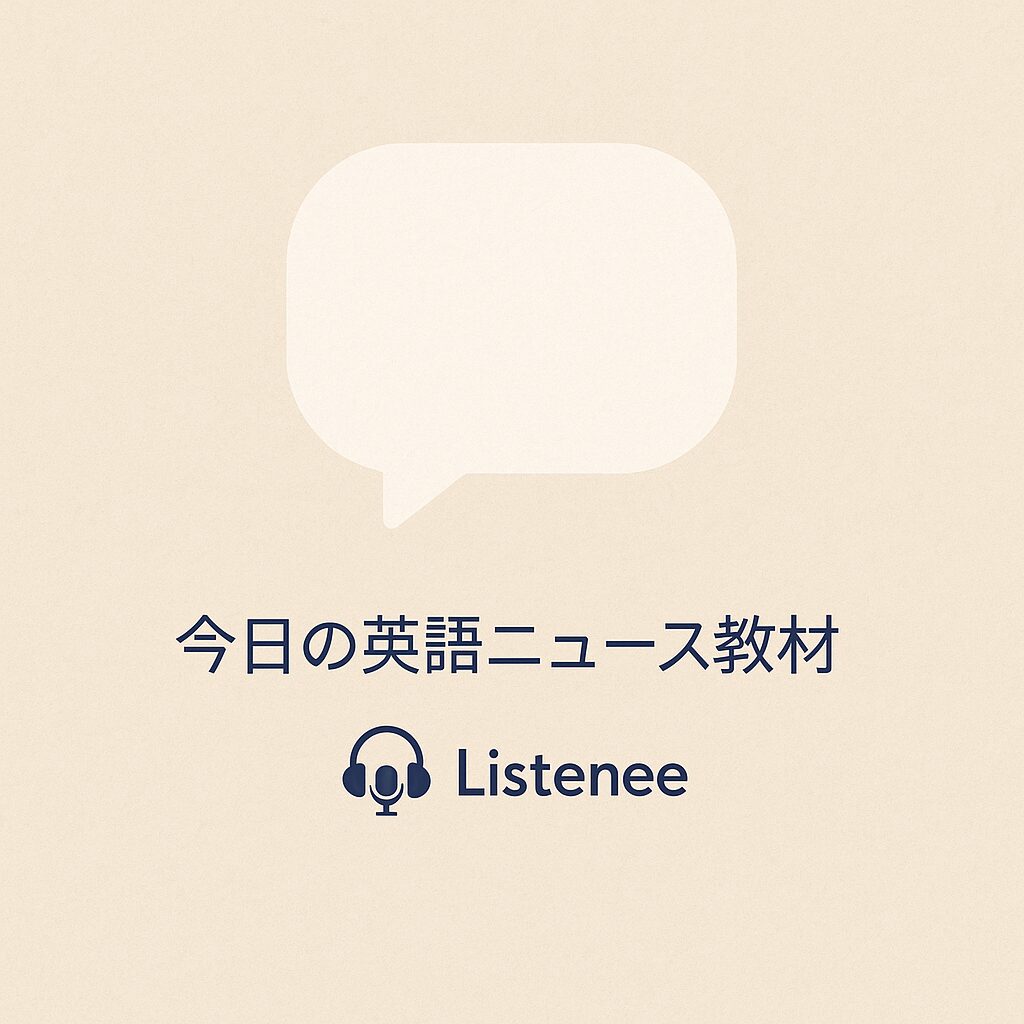🎧 Audio
📖 Script
Today, we are going to talk about a topic that affects global trade and shipping – the end of the de minimis tariff exemption. This exemption allowed small-value goods to be imported without paying tariffs. Many countries used this policy to simplify customs procedures and encourage international trade. However, changes to this policy are now causing significant challenges worldwide. Let’s explore why ending the de minimis tariff exemption has caused shipping chaos and who stands to gain or lose from it.
The de minimis tariff exemption was beneficial for both businesses and consumers. Companies could ship products internationally without worrying about the extra cost of tariffs on small-value items. This made it easier for small businesses to expand their markets globally. Consumers benefited from lower prices and a greater variety of products. However, some governments felt that the exemption was being exploited by some companies to avoid paying fair taxes, leading to unfair competition with domestic producers.
The decision to end the de minimis tariff exemption means that now even small-value goods will be subject to tariffs. This has led to increased paperwork and longer processing times at customs. Shipping companies and customs offices are overwhelmed with the increased volume of work, causing delays and disruptions in the supply chain. Small businesses, in particular, are struggling to cope with the additional costs and administrative burdens. On the other hand, domestic manufacturers may benefit as they can compete more fairly with imported goods.
The end of this exemption has also sparked debate about the balance between free trade and protecting local industries. Some argue that removing the exemption will generate more revenue for governments and support local economies. Others fear it might lead to higher prices for consumers and reduced access to diverse products. As the global economy becomes more interconnected, finding the right balance between these interests is crucial.
📝 Vocabulary
- exemption: freedom from a rule or obligation
例文: “The company received a tax exemption for its renewable energy project.”
Collocations/日本語の意味を見る
- tax exemption
- exemption from
- seek exemption
免除 - tariff: a tax or duty to be paid on a particular class of imports or exports
例文: “The government imposed a high tariff on imported cars.”
Collocations/日本語の意味を見る
- impose tariff
- tariff rate
- trade tariff
関税 - customs: the official department that administers and collects duties on imported goods
例文: “The customs officer checked our bags at the airport.”
Collocations/日本語の意味を見る
- customs duty
- customs officer
- clear customs
税関 - overwhelmed: having too much to deal with
例文: “She felt overwhelmed by the amount of work she had to finish.”
Collocations/日本語の意味を見る
- feel overwhelmed
- overwhelmed by
- overwhelmed with
圧倒される - disruption: disturbance or problems that interrupt an event, activity, or process
例文: “The storm caused a major disruption to train services.”
Collocations/日本語の意味を見る
- cause disruption
- face disruption
- avoid disruption
混乱
✏️ Grammar Point
Relative Clauses – “The decision to end the de minimis tariff exemption means that now even small-value goods will be subject to tariffs.”
文法の日本語補足を見る
💡 使用場面
関係代名詞は、ある名詞を詳しく説明したいときに使います。特に、ビジネス文書や会話で情報を詳しく伝えたいときに便利です。
📝 使用例文
“例: In a business meeting, you might say: ‘The report that you submitted yesterday was very detailed.’”
❓ Listening Questions
- True/False: Ending the de minimis tariff exemption has simplified the shipping process worldwide.
- MCQ: What was one benefit of the de minimis tariff exemption for consumers?
a) Higher prices
b) More paperwork
c) Lower prices
d) Fewer product choices - MCQ: Who might benefit from the end of the de minimis tariff exemption?
a) International shipping companies
b) Domestic manufacturers
c) Foreign governments
d) Online retailers
🔑 Listening Answersを見る
- False
- c) Lower prices
- b) Domestic manufacturers
📚 Reading Questions
- What was the main purpose of the de minimis tariff exemption?
- Why do some governments support ending the exemption?
- What does the word “disruption” mean in the context of the script?
🔑 Reading Answersを見る
- To simplify customs and encourage international trade.
- Because it was being exploited to avoid fair taxation, causing unfair competition.
- Disturbance or problems that interrupt an event, activity, or process.
🇯🇵 日本語での経済ニュース解説
世界の貿易と物流に影響を与える「デ・ミニマス」関税免除の終了が話題になっています。この免除は、小額商品を関税なしで輸入できる制度で、多くの国が国際貿易を促進するために利用していました。しかし、この制度を悪用して税を逃れる企業が増加し、不公平な競争を生んでいました。免除の終了により、輸入商品全てに関税が課せられるようになり、税関の手続きが増えて物流が混乱しています。特に小規模事業者にとって、コスト増加と手続きの負担が大きくなっています。この変化は国内産業を守る一方で、消費者にとっては価格上昇と選択肢の減少につながる可能性があります。今後は、自由貿易と国内産業保護のバランスをどう取るかが重要です。



